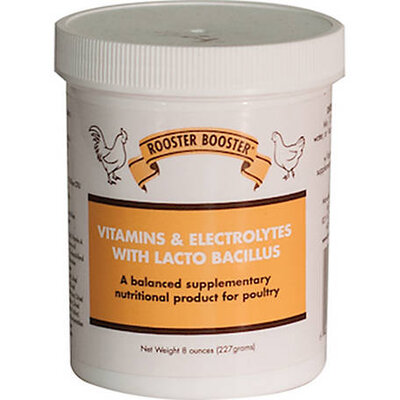Murdy
Songster
My flock of 5 has slowed to a halt with laying. I've done a little reading and have some theories, and some questions.
First mention is that it's been quite hot here lately. I'm in Alberta, Canada, and our summers do get quite warm at times, but it's been up to 40degC lately. All of my birds are cold hardy, so not necessarily built for the heat. Is this the root cause?
Now... Issue (?) number 2. I used to feed a layer with a some seeds mixed in (whole oats, whole corn, black oil sunflower seeds, barley, scratch... Maybe another 1 or 2 that I'm missing?). I started to notice that the layer crumble was not getting eaten. I had seen a lady on the Web taking about how she just feeds a mix of seeds and she has success, so I switched. Any thoughts?
Also worth mentioning is that I used to put apples in there and they'd be gone in minutes. Now they pick at them a little, but hardly at all. I also put my lawn clippings on the run floor which they love.
I'll be doing a full flock inspection today for mites and such..... If I can catch them. Haha
Thanks all!
First mention is that it's been quite hot here lately. I'm in Alberta, Canada, and our summers do get quite warm at times, but it's been up to 40degC lately. All of my birds are cold hardy, so not necessarily built for the heat. Is this the root cause?
Now... Issue (?) number 2. I used to feed a layer with a some seeds mixed in (whole oats, whole corn, black oil sunflower seeds, barley, scratch... Maybe another 1 or 2 that I'm missing?). I started to notice that the layer crumble was not getting eaten. I had seen a lady on the Web taking about how she just feeds a mix of seeds and she has success, so I switched. Any thoughts?
Also worth mentioning is that I used to put apples in there and they'd be gone in minutes. Now they pick at them a little, but hardly at all. I also put my lawn clippings on the run floor which they love.
I'll be doing a full flock inspection today for mites and such..... If I can catch them. Haha
Thanks all!



